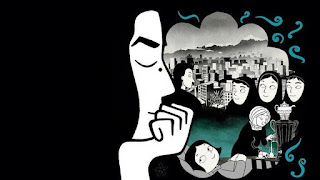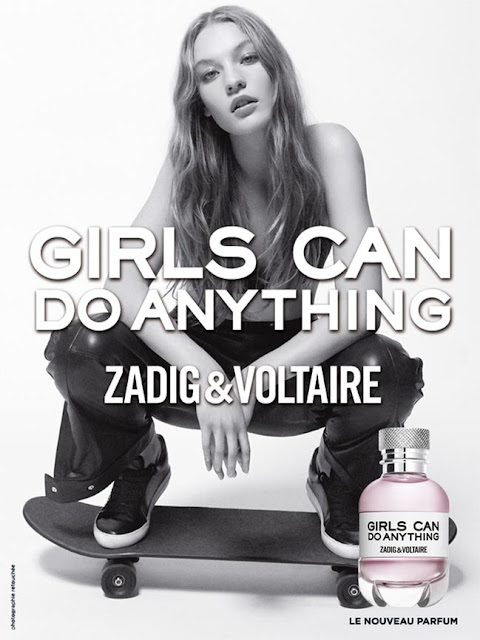Education and male and
female opinions on abortion.
Izzy Smallman, Bea Farrell and Asha Rai.
This article will discuss the difference in
opinion between female and male views on abortion. Abortion is not widely
discussed in schools today as it is illegal in many countries and is an
incredibly sensitive topic. We think it is important to discuss these topics
because young adults need to be educated about the topics that people can’t
necessarily talk about with their parents or family. We also believe that
abortion should be discussed in schools because it is such a major topic in the
news and media now and children should know what is going on in the world. In
total, there were 191,014 abortions notified as taking place in England and
Wales in 2015, this statistic shows just how essential it is to explain to our
generation about the world and its major topics. In this article, we will look
at the education on abortion in schools in the UK for people aged 14-20, we
will research the different opinions that the genders have towards abortion and
finally we will look at what our school is doing to teach children about these
topics.
Most children in the UK will only learn
about abortion when they are age 12; just fewer than 30% had not learnt anything
about abortion at school. In fact, the
majority of people who were taught about abortion only learnt about it in Years
10-11. Most people, who do learn about abortion will learn about it in an RS
lesson, PSHE, and citizenship. A few had covered the topic in science lessons.
21% had a lesson on abortion delivered by an external speaker. Those said by
name were EFC, Brook, Lovewise, CedarOaks and Girl Talk. Most of the speakers
were pro-life and were religious. Young people have a right to learn about issues
that affect their lives and the lives of many others around, including sexual
and reproductive health. The most recent statistics for under-18 pregnancies in
England and Wales show that over 34,000 young women became pregnant in 2010,
and half of those pregnancies ended in abortion. At least a third of women will
have had an abortion by the time they are 45. Unplanned pregnancy and abortion
are part of our lives, and can affect people of all faiths and cultural
backgrounds. It is crucial therefore that young people’s education on pregnancy
options is sensitive and relevant to their experiences, as well as medically
accurate.
A 2012 poll found that women were more
likely than men to call themselves "pro-choice" and that men were
more likely than women to call themselves "pro-life." A study of
unmarried men living with female partners found that most would prefer input on
decisions about terminating an unexpected pregnancy, and most men said their
own views would depend more on personal circumstances than any religious or
political stand. A 2009 poll found that 40% of men and 37% of women felt
abortion should not be generally available while 20% of men and 24% of women
felt that abortion should be permitted.
In our school, we learn about abortion in Year
9, which is, on average, a year before other schools. We have multiple
discussions in RS on abortion law, pro-life, pro-choice, your own opinions and
the ethics of abortion. We also learn about abortion from many religious points
of view and it is part of the GCSE course. We did a survey: 85% of the 20 boys
and girls we asked don’t learn about abortion until GCSE, as there is a stigma
around it and it is an uncomfortable subject. However, in NHEHS, it is an open
discussion with no awkwardness, but we discuss it sensitively as obviously it
is a delicate subject.
In conclusion, the opinions between the
genders vary largely and the education in most of Britain is satisfactory;
however, we believe that our school has exceptional abortion education and the
uncomfortable vibe that surrounds the issue is swept away.


Kommentarer
Skicka en kommentar